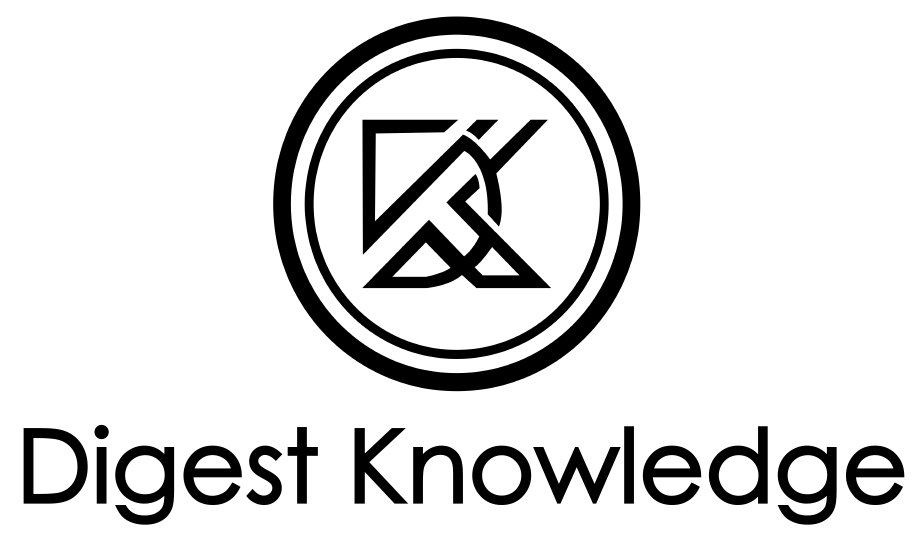Pablo Escobar: A Hero Disguised as a Criminal?
Was the world’s most infamous drug lord truly a criminal, or was he a “Robin Hood” for the poor? On December 1, 1949, in the city of Rionegro, Colombia, a child was born who would become one of the most powerful criminals in history. His name was Pablo Emilio Escobar Gaviria, known as “El Patron.” He amassed so much wealth so quickly that he resorted to burning money to keep it hidden. Escobar wielded such influence over the government of Colombia that he constructed his own prison, undermining the authority of the Medellín Police Force. Yet, how did this man—who led the notorious Medellín Cartel—come to be viewed as a hero by tens of thousands?
On December 2, 1993, a day after his 44th birthday, Pablo was shot down in Medellín, the city where he grew up. His death was a triumph for both the U.S. and Colombian governments, yet for many in Medellín, he was a humanitarian unjustly killed by government forces in collaboration with a U.S. task force. The day after his death, thousands attended his funeral, with emotions running high. In Medellín, Escobar was seen as a benefactor to the poor. He financed housing and infrastructure projects that still benefit the underprivileged in the city. As Mark Bowden noted in his book, crowds at Escobar’s funeral “pushed the bearers aside and pried open the lid to touch his cold, stiff face. His gravesite is lovingly tended to this day and remains one of the city’s most popular tourist spots.”
The Criminal Who Became a Hero
Escobar managed to retain a positive reputation among the masses despite his status as the world’s most wanted criminal. He was not merely a cocaine kingpin, but he was also seen as a champion of the people. Escobar’s belief that breaking the law was necessary for the greater good of his community helped solidify his “Robin Hood” image. At 27, he was arrested for attempting to smuggle 18 kilograms of cocaine from Ecuador to the United States—a major bust in Antioquia’s history. Despite the charges, Escobar orchestrated the assassination of the officers who detained him and intimidated officials into releasing him. This event marked the beginning of his meteoric rise to the head of the world’s largest drug cartel.
Though he lived a life of extreme wealth, Escobar also gave away vast sums of money, earning him the nickname “Robin Hood” among Colombians. Despite his involvement in crime, he gained a reputation for helping impoverished areas in Medellín. He provided financial aid to single mothers and built entire neighborhoods to offer housing to the city’s poorest families. Escobar dubbed his initiative “Medellín sin tugurios” (Medellín without slums). Francisco Flores, a resident of Barrio Pablo, shared his thoughts in Simon Strong's book, stating, “Only a man like him would do these things—noble and simple, like the poorest of the poor. Don Pablo was the father of the poor people in Medellín, in Antioquia, and many other areas. We are orphans without him.”
Escobar also funded infrastructure projects throughout Medellín, including hospitals, schools, and a football stadium. He even invited the legendary Diego Maradona to play in a match hosted within his self-constructed prison, La Catedral. Although imprisoned, Escobar lived a life of luxury, further bolstering his image among the people.
The Final Days of Escobar and His Enduring Legacy
It is believed that Escobar once burned cash to keep his daughter warm while fleeing authorities. He evaded capture for sixteen months after escaping La Catedral, but his freedom was short-lived. A military surveillance team eventually tracked him down in Los Olivos, Medellín. On that fateful day, he was shot by a soldier under the command of General Hugo Martínez. Despite his influence and popularity, Escobar’s life as a criminal meant he was destined to fall at the hands of the law. Even today, 28 years after his death, the residents of Medellín remember the impact he had on their lives.
Hero or Villain?
The question of whether Escobar was a hero or a villain encourages us to reflect on the circumstances that create such a figure. When a community feels exploited or abandoned, a Robin Hood can emerge to fill the void. Heroes like Escobar do not fade away with time. They live on as symbols and in the memories of those they touched. Now, the question remains: Was Pablo Escobar, the most notorious narco in history, a villain, a hero, or a combination of both?

